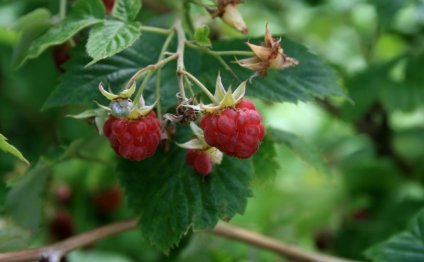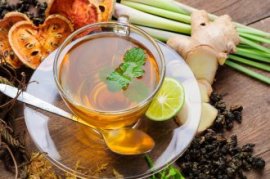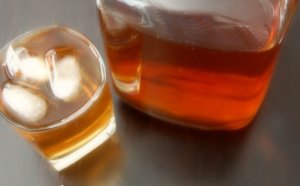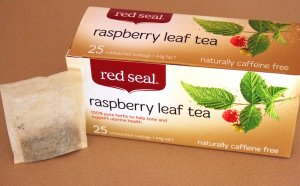
Raspberry leaf tea during pregnancy

Drinking Herbal Tea During Your Pregnancy
To understand which herbal teas are safe to consume during pregnancy, let’s first look at the different types of teas and how they are made. Or, you can buy a pregnancy tea – shop now.
While this article addresses the use of herbal teas during pregnancy, there are also teas formulated for use after pregnancy to help promote milk production while breastfeeding. Learn more about Nursing Teas here.
Differences Between Non-Herbal and Herbal
There are two different types of teas, non-herbal and herbal. The non-herbal teas can be broken down into 3 categories: black, green, and oolong.
Non-Herbal Tea
- Black tea is the most common type of non-herbal tea. It includes blends such as English breakfast, Earl Grey, and Orange Pekoe.
- Green tea has a more delicate taste than black tea. The oolong teas are a combination of green and black tea.
- Non-herbal teas are made from leaves of tea plants.
- The brewing time, size of the leaf, and type of tea leaf can also influence how much caffeine is in the tea.
- Decaf versions of non-herbal teas still contain a bit of caffeine.
Herbal Tea
- Made from the roots, berries, flowers, seeds, and leaves of a variety of plants not from actual tea plant leaves.
- True herbal teas do not contain caffeine. (This does not include any other drinks that are called “tea” but truly are not, such as mate tea.)
- These teas can also be used as medicinal remedies (relating to, or having the properties of medicine).
Non-Herbal Teas
Although non-herbal tea is assumed to have great health benefits due to the antioxidants, it also contains caffeine, which pregnant and breastfeeding women are often encouraged to cut down on or eliminate.
The average cup of non-herbal tea contains about 40-50 milligrams of caffeine. Decaffeinated non herbal tea does still contain a bit of caffeine; however, the amount is usually only about .4 milligrams.
Caffeine crosses the placenta and reaches your developing baby. The baby cannot metabolize caffeine like an adult can. Also, consuming caffeine while breastfeeding could contribute to infant sleep disorders.
For this reason, there is controversy on how much caffeine is safe, or if it should be avoided altogether. We know that the less caffeine consumed, the better it is for your baby while pregnant or breastfeeding.
Herbal teas
Herbal teas are naturally caffeine free, so caffeine is not an issue when consuming this type of tea. The concern with consuming herbal teas during pregnancy is the lack of data available on most herbs and their effects on a developing fetus.
There are mixed opinions on the safety of herbal teas, for both pregnant and non-pregnant women.
Most commercial brands of herbal teas are thought to be safe for anyone to consume in reasonable amounts. Herbal tea companies, such as Celestial Seasonings, report that they do not use any herbs that are considered dangerous and choose to use herbs from guidelines that the FDA has published.
The herbal teas that are considered to be unsafe are those that are not made commercially, those made with excessive amounts of herbs (amounts larger than those found in common foods or drinks), and those made with herbs that are known to be toxic.
As with most things, it is always best to talk with your midwife or doctor about any herbal teas that you are interested in drinking.
Pregnancy Teas
Many midwives and professionals who work with herbs believe that the regular consumption of these teas may help prevent pregnancy complications such as preeclampsia, preterm labor, prolonged labor, and postpartum hemorrhage. Get your tea here.
Medical studies have shown that red raspberry leaf can be consumed safely during pregnancy and can decrease the length of labor and the number of interventions used, such as artificial rupture of membranes (AROM), assisted delivery, and cesarean delivery.
Red raspberry leaf also seems to help prevent pregnancies from pre- or post-term gestation (delivering too early or too late).
The Herbs Used
The following are common ingredients you may find in herbal teas. Note that some have a questionable safety rating. The safety ratings given here are from the Natural Medicines Database.
More extensive research and discussions with your health care provider will help you make the decision about what herbs are safe for you to use in teas.
RELATED VIDEO



Share this Post
Related posts
Raspberry leaf tea for labor
188 Replies can raspberryleaf tea help bring on labour, at the end of pregnancy, or is it just to help with an easier birth…
Read MoreBenefits of Raspberry leaf tea
You are probably familiar with the popular fruit, the Raspberry (Rubus idaeus). The raspberry is native to many parts of…
Read More










